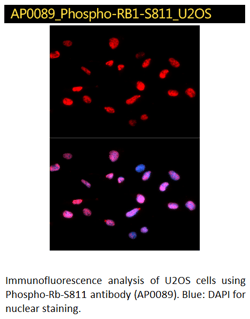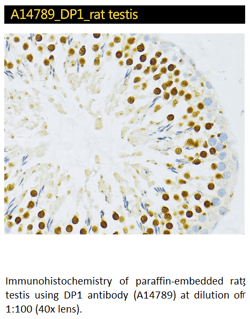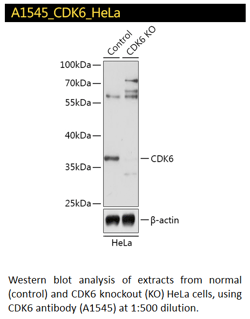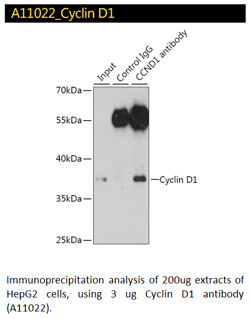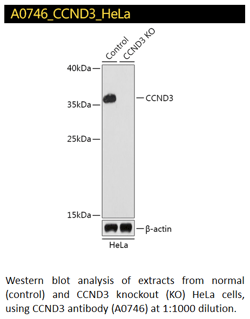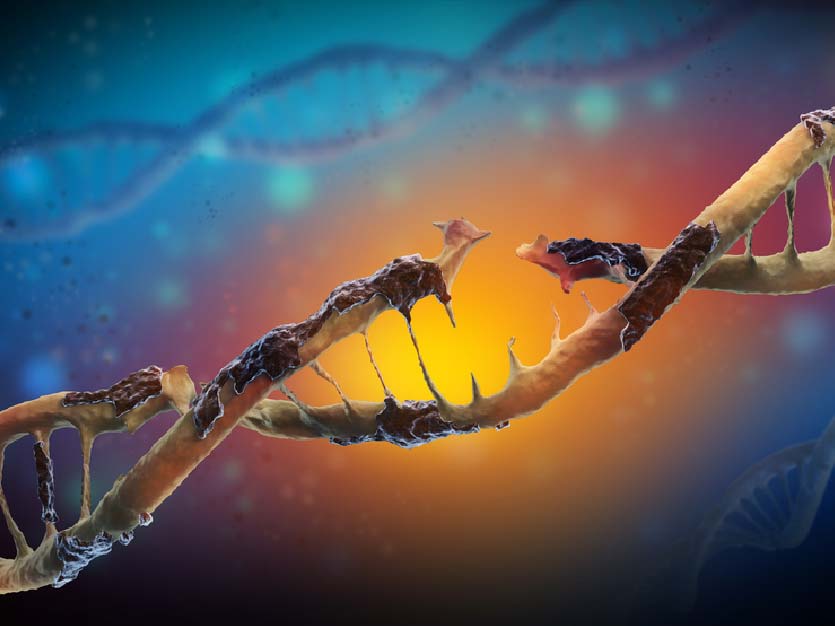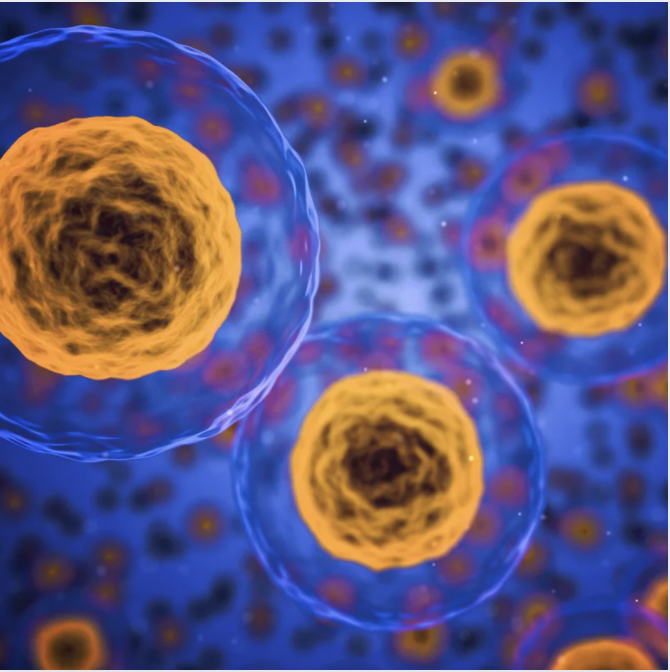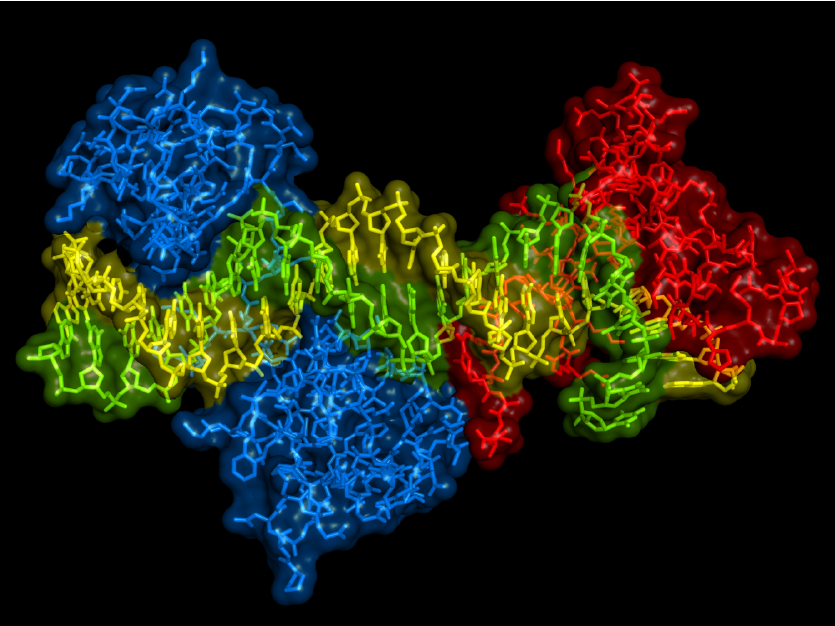The G1/S cell cycle checkpoints control whether eukaryotic cells enter the S phase (synthesis phase) of DNA synthesis after having properly completed the G1 phase to ensure the cell has enough energy and resources to begin DNA replication. Two cell cycle kinase complexes, CDK4/6-Cyclin D and CDK2- Cyclin E, work together to relieve the inhibition of dynamic transcriptional complexes containing retinoblastoma protein (Rb) and E2F. In cells undefined during the G1 phase, hypophosphorylated Rb binds to the E2F-DP1 transcription factor and forms an inhibitory complex with HDAC, thereby inhibiting downstream key transcriptional activities. Clear entry into the S phase is achieved by continuous phosphorylation of Rb by Cyclin D-CDK4/6 and Cyclin E-CDK2, which separates the transcription factor E2F from the inhibitory complex and allows transcription of the gene required for DNA replication. After the growth factor disappears, the expression level of cyclin D is down-regulated by down-regulation of protein expression and phosphorylation-dependent degradation. Without a proper G1/S checkpoint, the cell could arrest or potentially undergo aberrant processes that could lead to disease states such as cancer.
KO-validated CDK6 Polyclonal Antibody, Cyclin D1 Polyclonal Antibody, KO-validated CCND3 Polyclonal Antibody
With ABclonal's KO-validated antibodies, you can be assured that the antibody is specific against your desired target, and the band you see is in fact the band you are looking for!
Phospho-Rb-S811 Polyclonal Antibody, DP1 Polyclonal Antibody
ABclonal has antibodies that target specific post-translational modifications including phosphorylation at specific serine, threonine, and tyrosine residues, as well as other common and unique modifications such as acetylation and methylation!
